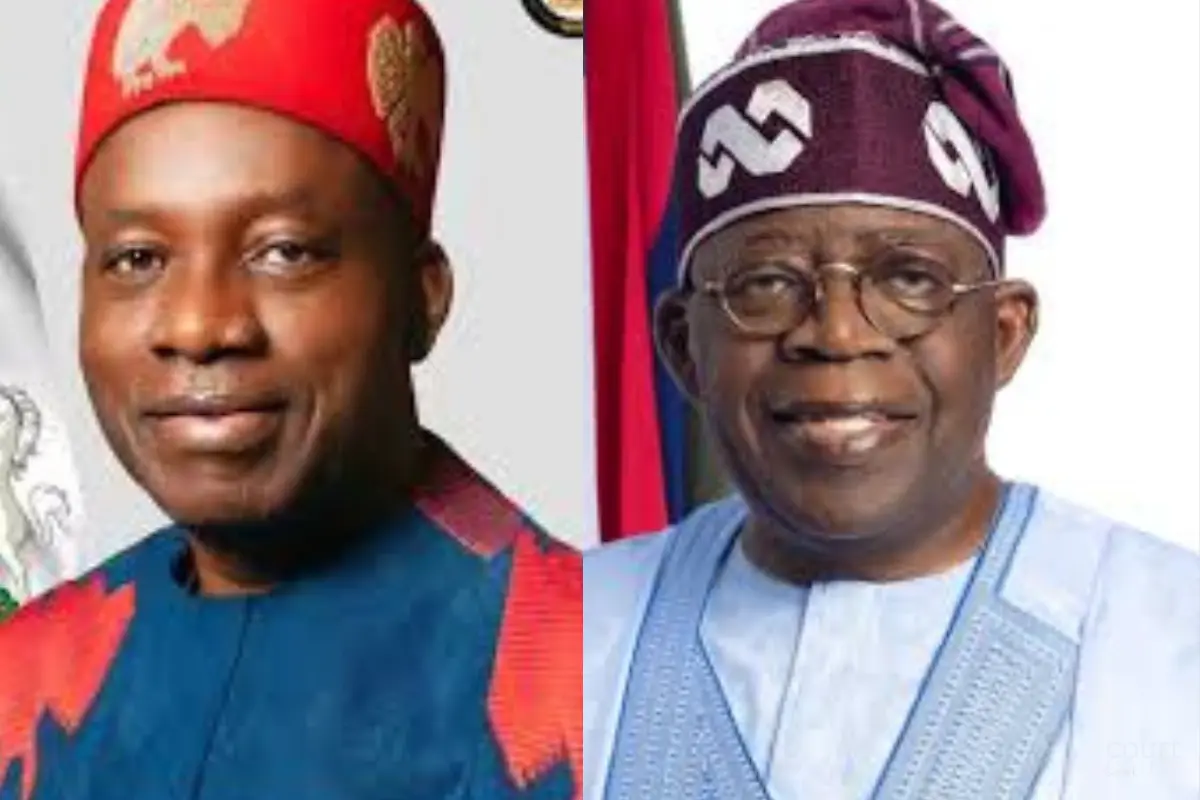In a heated exchange that has drawn international attention, Kemi Badenoch, the United Kingdom’s Conservative Party leader, and Kashim Shettima, Nigeria’s Vice President, have sparred over Badenoch’s candid remarks about her experiences growing up in Nigeria. The controversy has reignited discussions about corruption, governance, and the image of Nigerian politicians on the global stage.
Badenoch, who spent a significant portion of her childhood in Lagos before returning to the UK, has been unapologetically vocal about her experiences in Nigeria. In a recent speech, she remarked, “I don’t want this country, the UK to turn into the one I ran away from,” a pointed critique of the corruption and insecurity she witnessed growing up under military rule.
Her comments sparked a sharp rebuke from Vice President Shettima. Speaking in defense of Nigeria, Shettima urged Badenoch to remove “Kemi” from her name if she was not proud of her Nigerian heritage. He accused her of denigrating her ancestral homeland and painting an unflattering picture of Nigeria to the world.
In response, Badenoch’s spokesperson reaffirmed her position, stating that the Conservative leader “stands by what she says” and underscored her commitment to truth-telling. “She is not the PR for Nigeria,” the spokesperson said. “She tells it like it is. She is not going to couch her words.”
Badenoch’s critique touched a nerve for many Nigerians and observers familiar with the country’s long-standing struggles against corruption. Over the decades, numerous high-profile corruption cases have rocked Nigeria, involving staggering sums of public funds misappropriated by those in power.
For instance, former governors and ministers have been implicated in schemes involving billions of dollars siphoned from state coffers. Abroad, Nigerian politicians have made headlines for laundering illicit wealth through foreign real estate and luxury goods. In one prominent case, Nigeria’s anti-corruption agency recovered millions of dollars stashed in overseas bank accounts belonging to public officials.
Within Nigeria, allegations of politicians funding lavish lifestyles, private jets, mansions, and opulent weddings on taxpayers’ money have become a grim hallmark of governance. Meanwhile, ordinary Nigerians grapple with poor infrastructure, inadequate healthcare, and a struggling education system.
The backlash against Badenoch’s remarks raises questions about why Nigerian leaders appear more invested in defending the country’s image abroad than addressing systemic issues at home. Critics argue that Shettima’s response deflects from the underlying truth in Badenoch’s comments: that Nigeria’s political elite have long prioritized personal gain over national progress.
Badenoch’s willingness to speak out has resonated with many who believe that exposing corruption and governance failures is essential for meaningful reform. Her statement, “I don’t want this country to turn into the one I ran away from,” is a poignant reminder of the stakes involved in allowing such issues to persist unchecked.
Rather than attacking Badenoch for highlighting uncomfortable truths, Nigerian leaders might benefit from introspection and action. The fight against corruption requires not only strong institutions but also a collective acknowledgment of the problem and a commitment to transparency and accountability.
As the debate continues, it remains to be seen whether this episode will spur meaningful dialogue and reform or merely add to the long list of missed opportunities for Nigeria to confront its challenges head on.

















